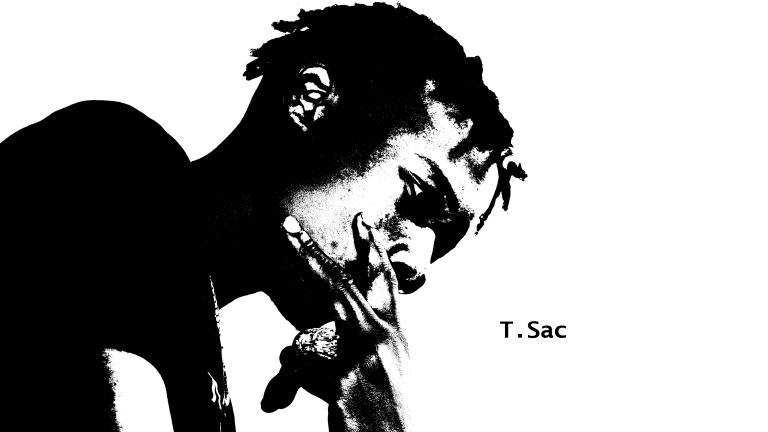Music Industry Insights: Breaking Down the Latest Trends:
The music industry is constantly evolving and adapting to new technologies, consumer preferences, and market dynamics. In this blog post, we will explore some of the latest trends that are shaping the future of music, and how they affect artists, labels, and listeners. <aijukarecords.com>
Some of the key trends we will discuss are:
- The rise of streaming platforms and playlists
- The emergence of new genres and subcultures
- The impact of social media and influencer marketing
- The challenges and opportunities of live events and virtual concerts
- The role of data and analytics in music creation and distribution
https://www.instagram.com/aijuka_records/
Streaming Platforms and Playlists;
Streaming platforms such as Spotify, Apple Music, YouTube Music, and Amazon Music have become the dominant mode of music consumption in the digital era. According to the International Federation of the Phonographic Industry (IFPI), streaming revenues accounted for 62.1% of global recorded music revenues in 2020, up from 56.1% in 2019.
Streaming platforms offer several advantages for both artists and listeners. For artists, streaming platforms provide a global reach, a low barrier to entry, and a direct connection with fans. For listeners, streaming platforms offer a personalized, convenient, and affordable way to access a vast catalog of music. aijukarecords.com
https://www.instagram.com/aijuka_records/
However, streaming platforms also pose some challenges for the music industry. One of the main challenges is the distribution of royalties and the transparency of payments. Streaming platforms use different formulas to calculate how much artists get paid per stream, depending on factors such as the number of subscribers, the country of origin, and the type of license. Moreover, streaming platforms often take a significant cut of the revenues before passing them on to labels, publishers, and artists.
Another challenge is the influence of playlists on music discovery and consumption. Playlists are curated collections of songs that are tailored to specific moods, genres, activities, or occasions. Playlists are often created by streaming platforms themselves, or by third-party curators such as media outlets, influencers, or brands. Playlists can help listeners find new music that matches their preferences, but they can also limit their exposure to diverse and alternative sounds. Furthermore, playlists can affect the artistic choices and strategies of musicians, who may try to optimize their songs for playlist inclusion and algorithmic recommendations.
New Genres and Subcultures;
The music industry is also witnessing the emergence of new genres and subcultures that reflect the diversity and creativity of musical expression. Some of these genres are influenced by cultural fusion, technological innovation, or social movements. For example:
- K-pop: K-pop is a genre of popular music that originated in South Korea and has gained global popularity in recent years. K-pop is characterized by its catchy melodies, elaborate choreography, colorful aesthetics, and diverse influences from various genres such as hip-hop, R&B, EDM, rock, and folk. K-pop also has a strong fan culture that engages with social media, online communities, merchandise, and live events.
- Afrobeat: Afrobeat is a genre of music that combines elements of West African musical traditions with jazz, funk, soul, and other genres. Afrobeat emerged in the 1970s in Nigeria and Ghana and was popularized by artists such as Fela Kuti and Tony Allen. Afrobeat has experienced a resurgence in the 21st century, with artists such as Burna Boy, Wizkid, Davido, Tiwa Savage, and Yemi Alade gaining international recognition and collaborating with mainstream stars such as Beyoncé, Drake, Ed Sheeran, and Major Lazer.
- Lo-fi hip-hop: Lo-fi hip-hop is a genre of music that blends hip-hop beats with ambient sounds, samples, and effects to create a relaxed and nostalgic atmosphere. Lo-fi hip-hop emerged in the late 2000s and early 2010s as an underground movement on platforms such as SoundCloud and YouTube. Lo-fi hip-hop has become popular among listeners who seek soothing background music for studying,
working,
or relaxing.







